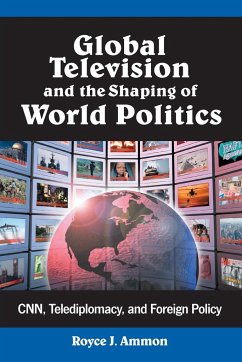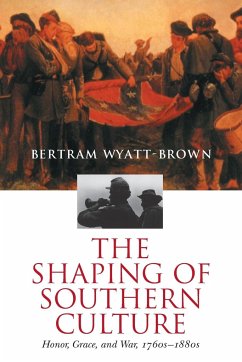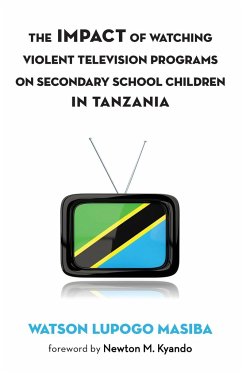In 1995, United Nations Secretary-General Boutros Boutros-Ghali said of the Cable News Network, "CNN is the sixteenth member of the [15 member United Nations] Security Council." Scholars as well as diplomats have recognized the existence of a link between communications and diplomacy, but up until now the implications of this relationship have been left unexplored. This work examines the historic interconnectedness between communications and diplomacy, how communications have historically determined the practice of diplomacy, and how global television in particular can determine diplomatic outcomes under certain conditions. This work also examines the ways in which today's broadcasting will shape foreign policy processes in the future and the future impact of global television in world politics.
Hinweis: Dieser Artikel kann nur an eine deutsche Lieferadresse ausgeliefert werden.
Hinweis: Dieser Artikel kann nur an eine deutsche Lieferadresse ausgeliefert werden.








